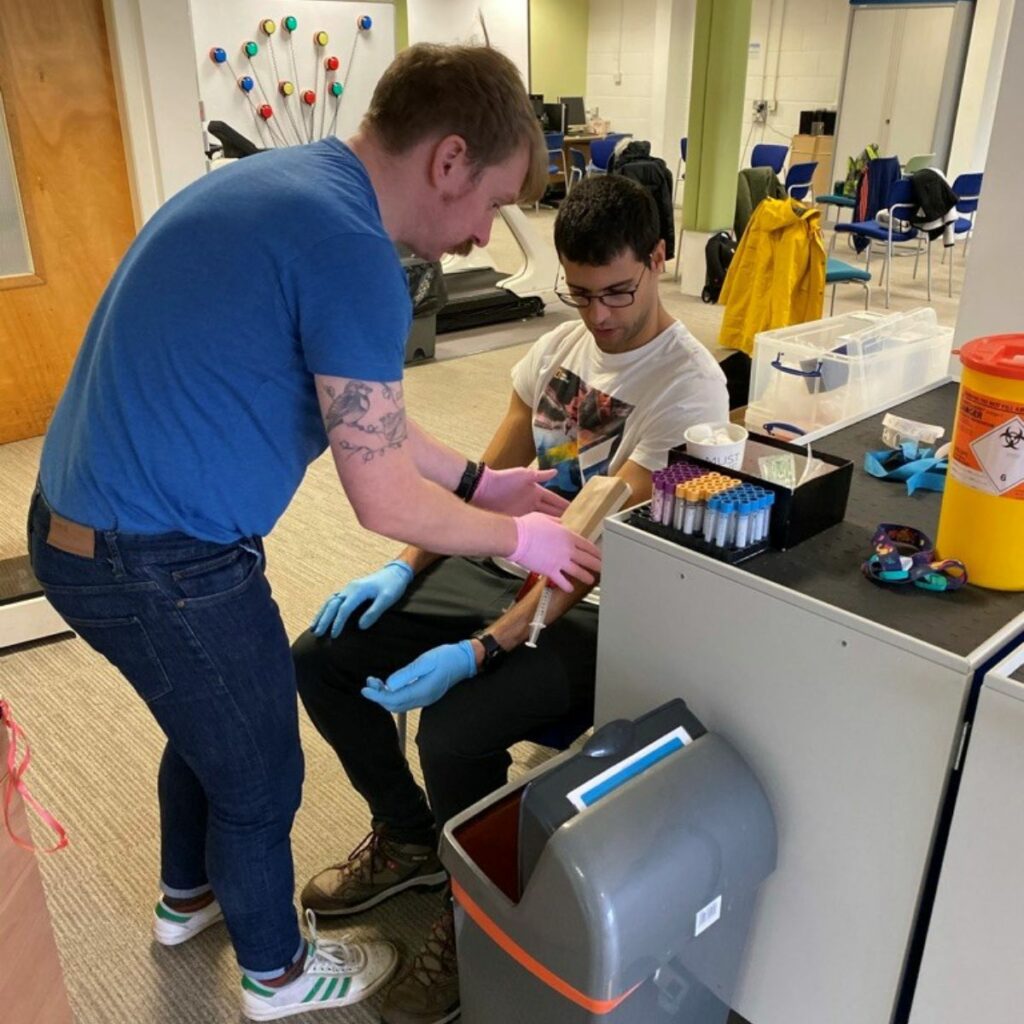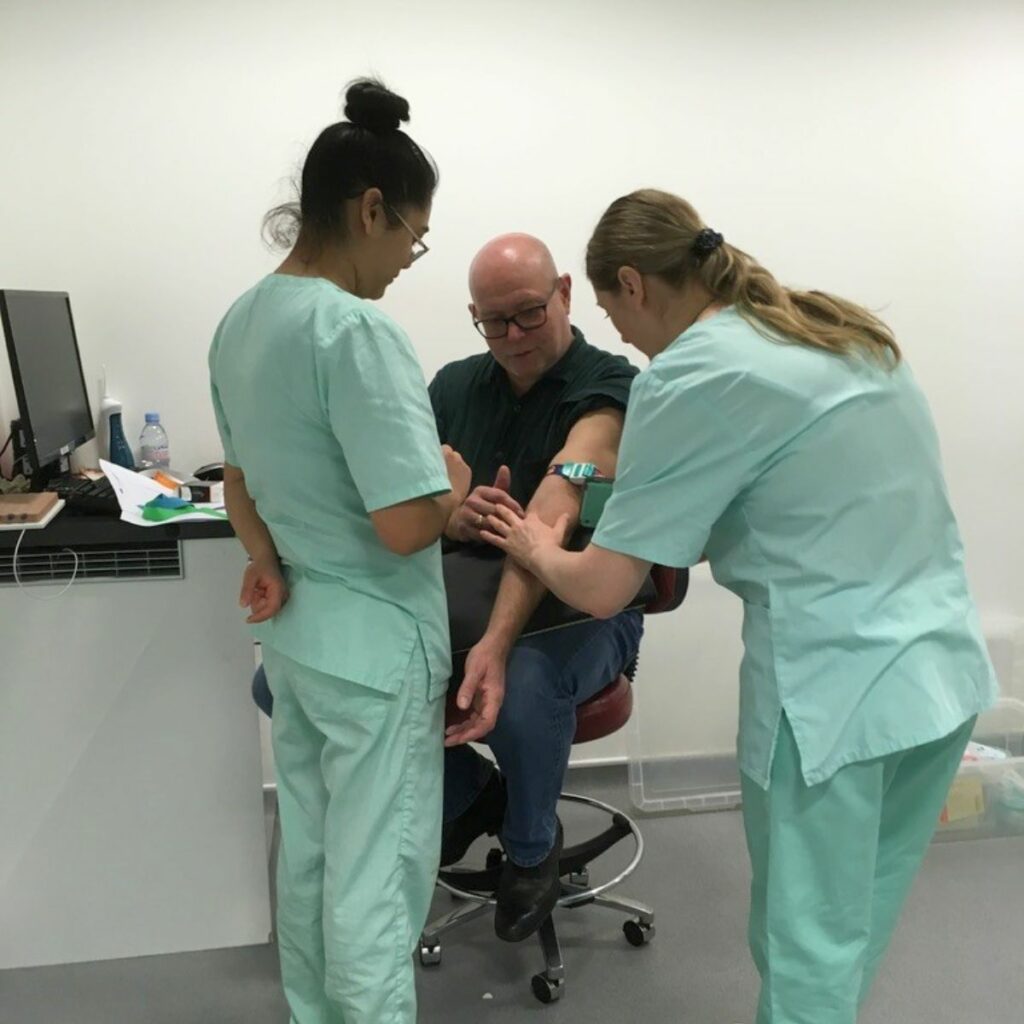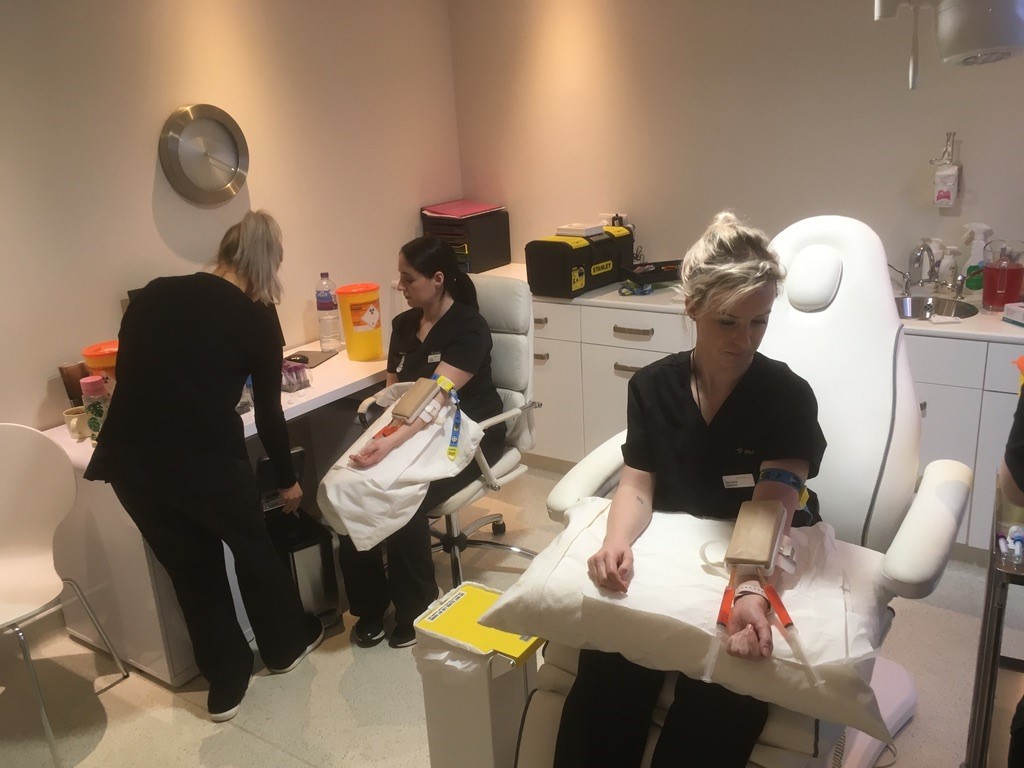It’s 2024 and honestly, finding a career that is both rewarding and meaningful can feel like searching for a needle in a haystack. Particularly outside of the healthcare sector. But for those considering a career change or career progression, there are some healthcare fields that offers countless opportunities to make a difference with a sense of enjoyment most are looking for, and none more impactful then becoming a phlebotomist.
With decades of experience, (ohh that makes me free old) I can say with certainty that phlebotomy is more than just drawing blood, it’s about being on the frontline of patient care, contributing to critical diagnoses, and playing a pivotal role in the healthcare system. For those contemplating a career move, becoming a phlebotomist is not just a practical option; it’s a chance to embark on a rewarding career that’s both fulfilling and essential. It’s one of those roles where when you get up in the morning there’s more to the day then just going to work. You know that today, you’re guaranteed to make a difference to someone’s life.

Let’s explore why.
What Does Becoming a Phlebotomist Really Mean?
At its core, phlebotomy involves drawing blood from patients for medical testing, transfusions, donations, or research. But what many people don’t realise is how integral this role is to the healthcare system. Blood samples are used for various diagnostic tests that detect everything from diabetes to cancer. As a phlebotomist, you are not just collecting blood, you’re helping doctors diagnose, treat, and save lives.
And it’s not only about the technical skill of drawing blood. Phlebotomists are often the first point of human contact for patients in a healthcare setting, meaning you are responsible for providing reassurance, comfort, and care during what can be a stressful process for many.
Why Phlebotomy is More Than Just a Job
-
It’s a Career That Makes a Difference Every Day
One of the most compelling reasons for becoming a phlebotomist is the daily impact you have on the lives of others. I’ve learnt this first hand over decades of phlebotomy taking thousands of blood samples. Healthcare can be intimidating for patients, and the simple act of drawing blood can cause anxiety. As a phlebotomist, you have the power to ease those fears, offering reassurance and care in a vulnerable moment. Each sample you collect can provide vital information that could lead to life-saving treatments.
Every day, you’ll be part of the process that helps doctors make critical decisions. That’s more than just a pay cheque, it’s a powerful contribution to the well-being of others. For that person you see today, as a phlebotomist, it could be the worst and most worrying day of their life. You have not only an opportunity to comfort them but be part of the team that either provides good news or supports in them extending their life.

- Job Stability and Growth Opportunities
In an ever-evolving job market, job security is a top concern for many. I’m not going to say that it’s a job for life, who knows what’s going to happen tomorrow, but healthcare is one of the fastest-growing industries globally that’s been around for centuries. It’s probably the only profession you can say is needed in every aspect of life, and the demand for skilled phlebotomists is steadily increasing. With a strong foundation in phlebotomy, you can expect consistent job opportunities, whether you work in hospitals, private clinics, blood donation centres, or research labs.
But becoming a phlebotomist doesn’t limit you to just one role. This career path can open doors to further specialisations within healthcare, whether that’s advancing into supervisory roles, pursuing more advanced clinical certifications, or transitioning into other medical fields. Phlebotomy is a stepping stone that can lead to a long and diverse career.
-
A Path to a Career Without Years of Training
For those seeking a change but daunted by the thought of going back to school for years, becoming a phlebotomist offers a more accessible route. Unlike other healthcare professions that require years of education and clinical experience, a phlebotomy course typically takes just a few weeks to complete.
This makes phlebotomy an ideal choice for those looking to start a new career quickly and efficiently. After your training, you can immediately step into a job market hungry for qualified professionals. If you’ve been feeling stuck in your current role and want to make a swift, meaningful change, phlebotomy could be the answer.
The Human Side of Phlebotomy
-
It’s more Than a On The Side Job
Phlebotomy isn’t just an add-on skill or a side job, it’s a critical, respected career path within the healthcare industry. As a phlebotomist, you’ll play an essential role in diagnostic testing, an integral part of patient care. Every test result that doctors rely on to make informed decisions starts with you.
If you’ve been searching for a role where you’re valued and make a real impact, becoming a phlebotomist offers that recognition. You’re not just assisting in the medical process; you’re a key player in ensuring patients receive the care they need.
-
Building Real Connections with Patients
Healthcare is not just about treatments and tests, it’s about people. Becoming a phlebotomist allows you to develop meaningful connections with your patients. Whether you’re helping a child through their first blood test or comforting an anxious patient who’s afraid of needles, your role goes far beyond the technicalities of blood collection.
This human element of phlebotomy can be incredibly rewarding. You’re the face of compassion during what can be a frightening experience. Your ability to comfort and reassure patients builds trust, which is a crucial aspect of providing effective healthcare.

Why Now is the Right Time to Become a Phlebotomist
-
A Role That Adapts to Change
The healthcare industry is evolving rapidly, and roles like phlebotomy are increasingly vital. In the wake of global health challenges like the COVID-19 pandemic, the need for reliable diagnostic testing has never been greater. Phlebotomists are at the forefront of this effort, ensuring that essential tests can be carried out efficiently and safely.
With a growing emphasis on preventative care, diagnostic services, and chronic disease management, the need for skilled phlebotomists continues to rise. By becoming a phlebotomist now, you position yourself in a career that is resilient, adaptable, and crucial to the healthcare system.
-
A Career That Offers Flexibility
Phlebotomy offers flexibility, allowing you to find work that fits your lifestyle. With opportunities in hospitals, private clinics, blood banks, and mobile services, you can choose a work environment that suits your personal and professional needs. Whether you’re looking for part-time work, a full-time career, or even the chance to travel while you work, phlebotomy offers a range of options.
This flexibility makes it an appealing choice for those balancing other commitments or seeking a career with varied opportunities.
Conclusion: Take the leap.
Becoming a phlebotomist is more than just learning how to draw blood—it’s about joining a respected profession where you can make a real difference in people’s lives. It’s a career that offers job security, personal fulfilment, and the opportunity for growth, all without the years of training that other healthcare roles require.
If you’ve been thinking about a career change, now is the perfect time to take the leap. Phlebotomy offers an accessible entry into the healthcare field, with a direct path to making a meaningful impact from day one. It’s not just a job—it’s a powerful, rewarding career that offers stability and purpose. So why wait? Becoming a phlebotomist might just be the career change you’ve been looking for.


